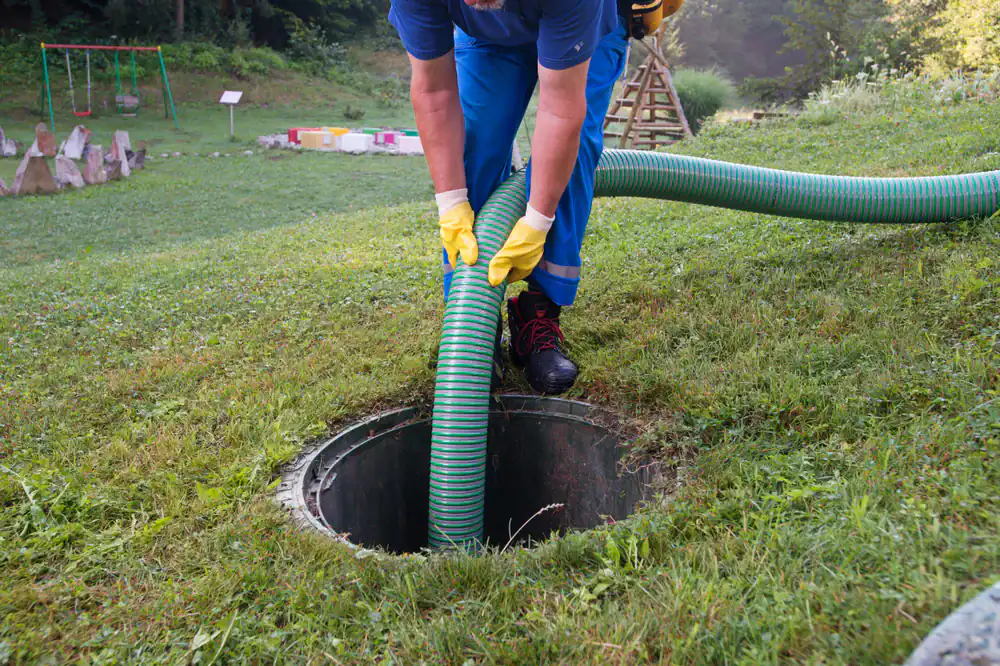
Our Reviews
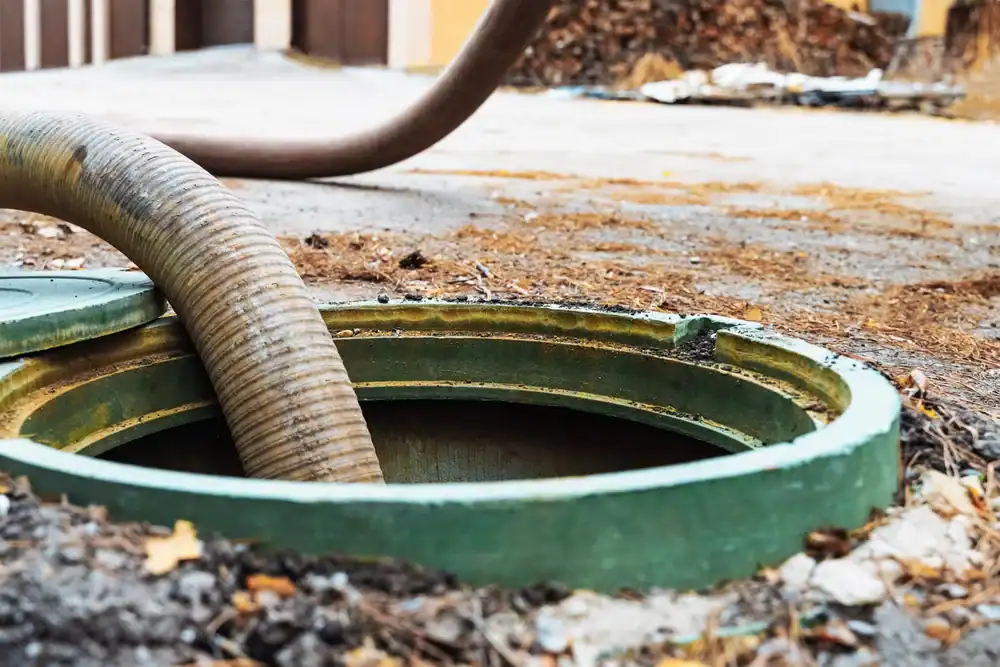
You stop thinking about your septic system because it just works. No more slow drains that make you hold your breath. No more mysterious odors creeping up from your yard.
Your system runs efficiently for years, not months. You know exactly when your next service is due because we give you a real timeline based on your household size and usage patterns.
Most importantly, you sleep better knowing your septic system won’t surprise you with a midnight emergency. Professional septic tank cleaning removes the sludge and scum that cause 90% of system failures, giving you the reliability you actually need.
All Rooter Hydro Jetting Experts Inc. has been handling septic challenges across the Chicago area for years. We understand how Illinois clay soil affects drainage and why systems in this region need specific attention.
We’re licensed, bonded, and insured because septic work isn’t something you trust to just anyone. Our trucks carry professional-grade pumping equipment that completely empties your tank—not the partial cleanings that leave problems behind.
You’ll find us straightforward about pricing and timing. No surprise charges, no upselling you don’t need. Just honest septic maintenance that keeps your system running and your property protected.
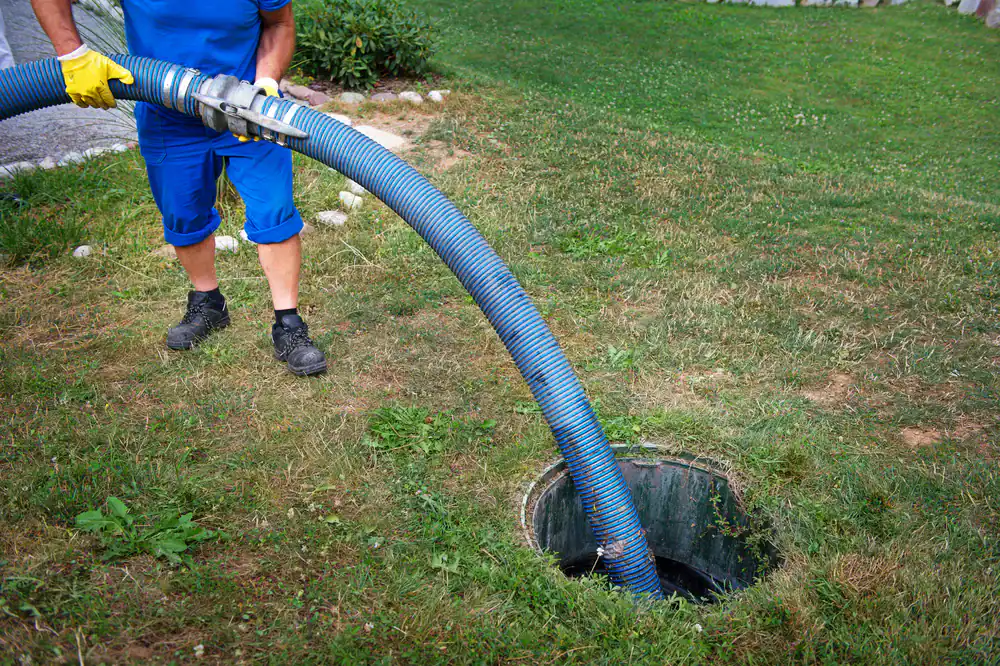
First, we locate and uncover your septic tank access ports. We inspect the tank condition and measure sludge levels to confirm pumping is needed and identify any potential issues.
Next, we pump out all liquid waste, sludge, and floating scum using our professional vacuum truck. This isn’t a partial cleaning—we remove everything so your system can function properly again.
Finally, we inspect your baffles and tank structure for damage, then provide you with a clear maintenance schedule based on your household size. You’ll know exactly when to call us next, usually in 3-5 years depending on usage.
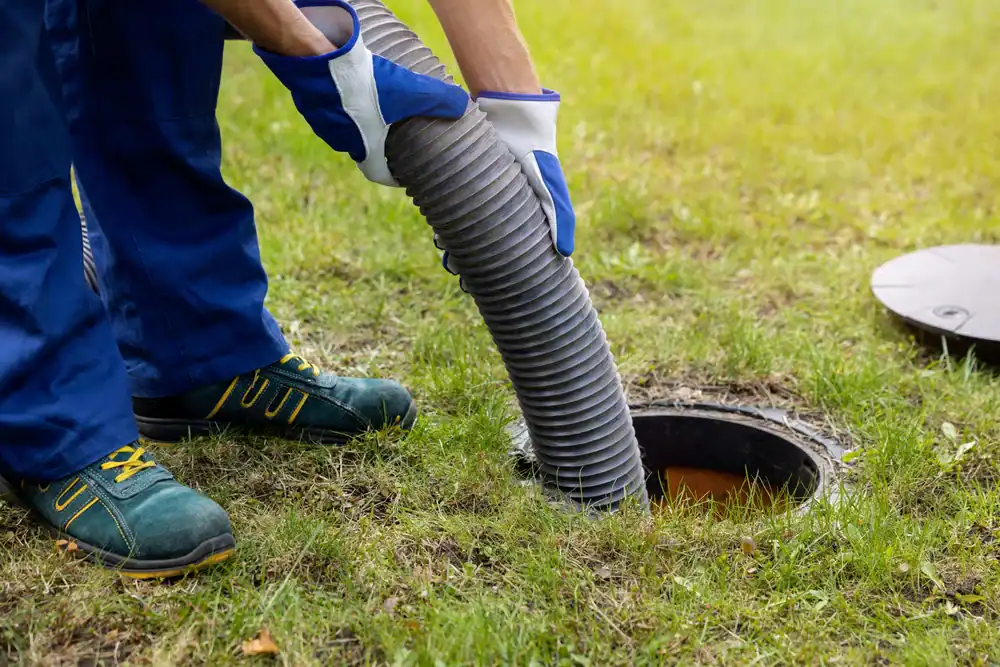
Ready to get started?
Complete septic tank pumping removes all accumulated solids and liquids that slow down your system. We don’t just skim the surface—our equipment empties the entire tank so you get maximum time before your next service.
Tank inspection catches problems before they become expensive emergencies. We check baffles, inlet and outlet pipes, and tank structure to spot cracks or damage that could lead to system failure.
In Plato Center’s clay-heavy soil, proper maintenance becomes even more critical. Clay doesn’t drain like sandy soil, so systems here work harder and need more attention. We factor in local soil conditions when recommending your maintenance schedule, not just generic timelines that don’t fit Illinois conditions.
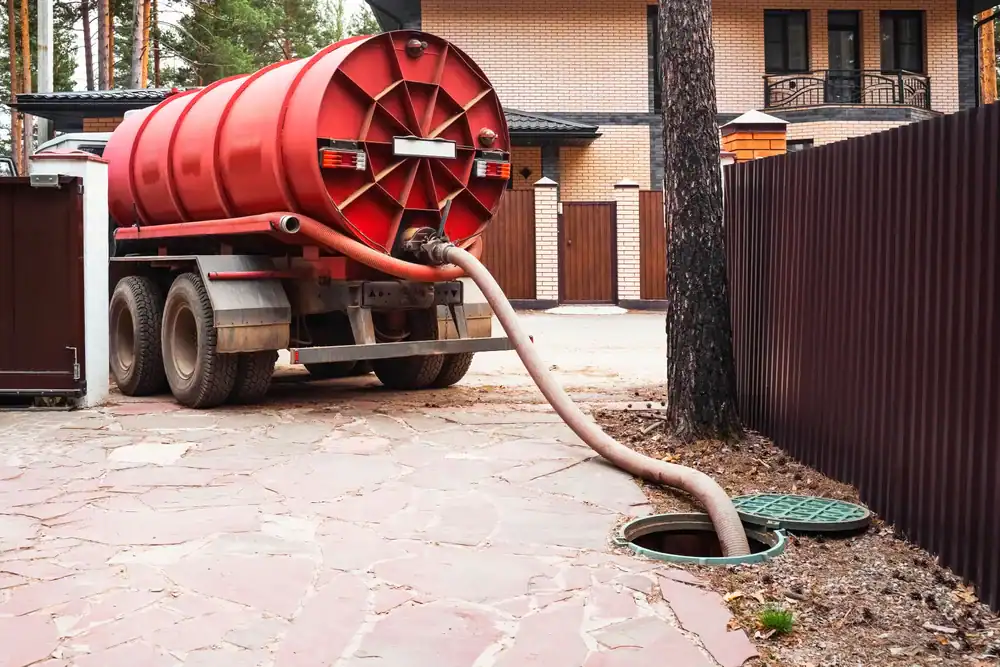
Most residential septic tanks need pumping every 3-5 years, but your specific timeline depends on household size and water usage. A family of four typically needs service every 3-4 years, while smaller households can often wait longer.
The key factor is how quickly solids accumulate in your tank. Heavy water usage, garbage disposal use, and certain household chemicals can fill your tank faster. We measure actual sludge levels during service to give you an accurate timeline for your next pumping.
Don’t rely on generic schedules you find online. Illinois clay soil and local conditions affect how septic systems function, so your maintenance needs might be different from what works in other states.
Solids overflow into your drain field, clogging the soil and causing permanent damage. Once your drain field fails, you’re looking at thousands in replacement costs instead of a routine pumping.
You’ll notice slow drains, sewage odors, and eventually backups into your home. At that point, pumping alone won’t fix the problem—you’ll need drain field repairs or replacement.
The worst part is that drain field damage is often irreversible. Clay soil like we have in Illinois doesn’t forgive overloading, so prevention through regular pumping is your only real protection against major septic system failure.
Slow drains throughout your home are usually the first sign, especially in bathrooms and laundry areas. If multiple drains are sluggish, your tank is likely approaching capacity.
Sewage odors near your tank or drain field indicate solids are backing up and need immediate attention. You might also notice unusually green grass over your drain field, which means wastewater is surfacing.
Don’t wait for obvious signs like backups or standing water. By then, you’re dealing with an emergency that costs more and creates health hazards. Regular pumping every 3-5 years prevents these problems entirely.
Illinois requires licensed professionals for septic pumping because improper handling creates serious health and environmental risks. Unlicensed operators often lack proper equipment and disposal methods.
Professional pumping trucks have the power to completely empty your tank, not just remove surface liquid. Partial pumping leaves solids behind that continue causing problems.
Licensed companies like us also properly dispose of waste at approved treatment facilities. DIY attempts or unlicensed services often result in illegal dumping, which can result in hefty fines and environmental contamination that becomes your responsibility.
Pumping removes liquid waste but often leaves sludge and scum behind. Professional septic cleaning removes everything—liquids, solids, and floating materials that cause system problems.
Complete cleaning extends the time between services and prevents solids from building up to problem levels. Partial pumping might seem cheaper initially, but you’ll need service more frequently.
Our cleaning process includes tank inspection and maintenance recommendations based on what we actually find. You get a complete picture of your system’s condition, not just waste removal that might miss underlying issues.
Professional septic cleaning typically costs $300-600 depending on tank size, access difficulty, and how long it’s been since your last service. Larger tanks and harder-to-reach locations increase the price.
We provide upfront pricing before starting work, so you know exactly what you’re paying. No surprise charges for “additional” services that should be included in basic cleaning.
Compare this to septic system replacement costs of $15,000-25,000 when systems fail from poor maintenance. Regular cleaning every 3-5 years is the cheapest insurance you can buy for your septic system’s longevity.